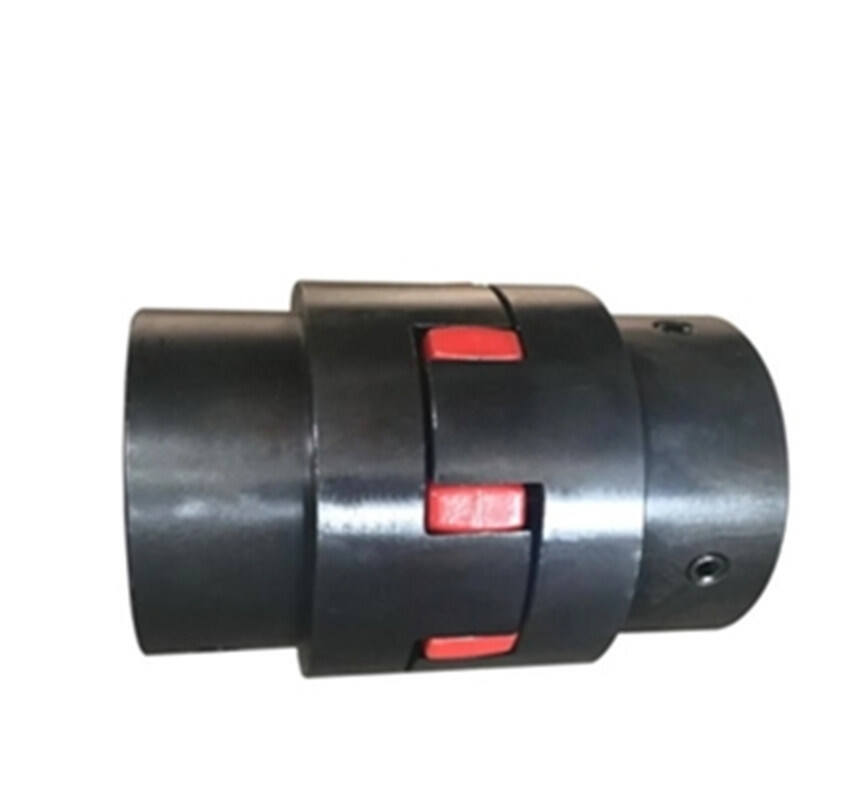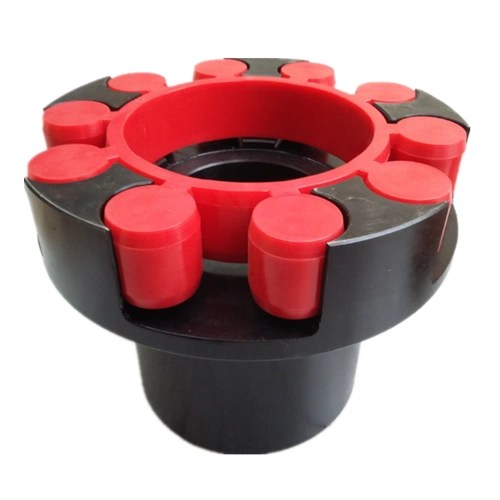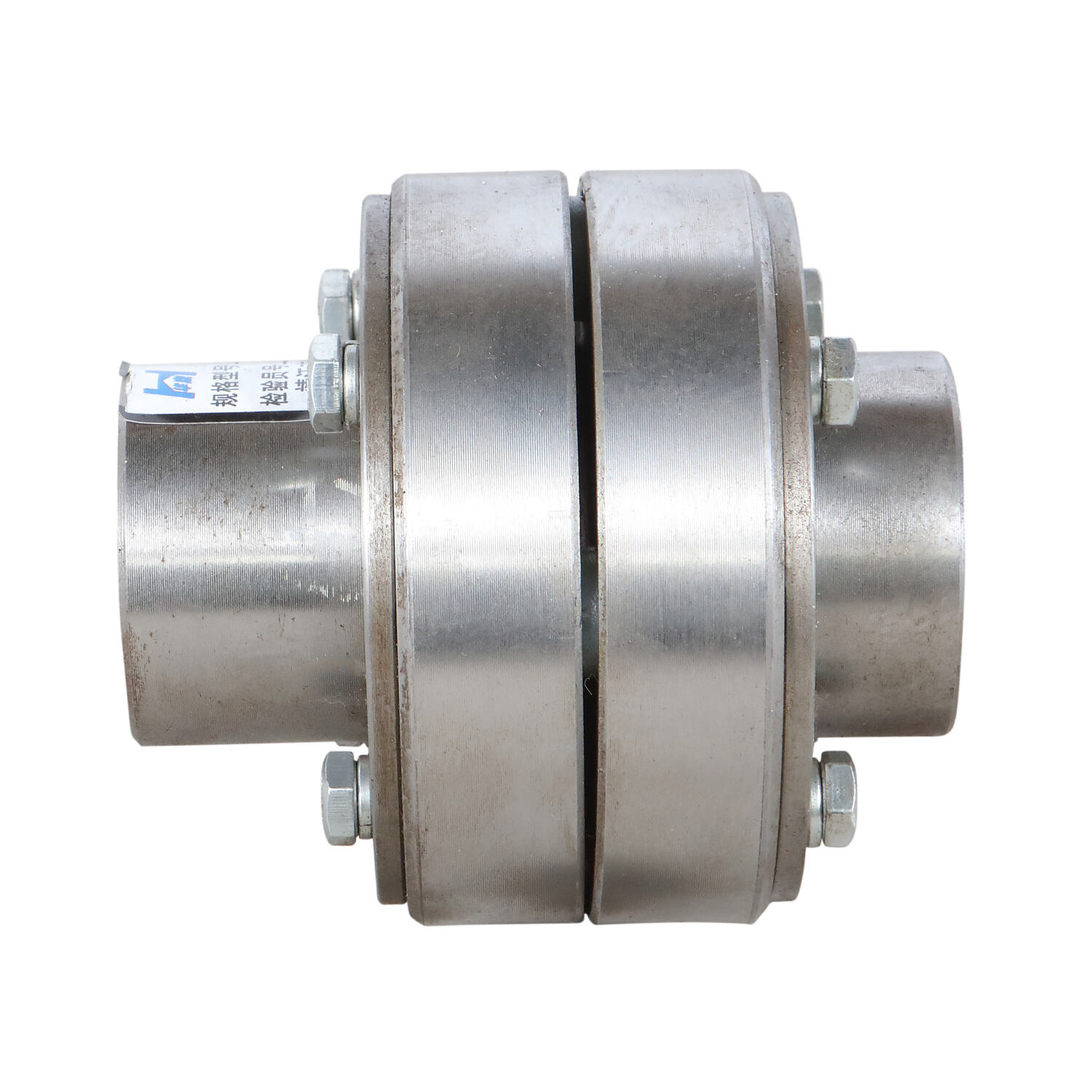torsionally flexible coupling
A torsionally flexible coupling is an advanced mechanical component designed to connect two shafts while accommodating misalignment and reducing vibration transmission. This sophisticated device serves as a critical link in power transmission systems, offering both flexibility and stability in various industrial applications. The coupling's unique design incorporates elastic elements, typically made from high-grade elastomers or specially engineered materials, that allow it to absorb and dampen torsional vibrations while maintaining efficient power transfer. The coupling's structure consists of two hubs connected by these flexible elements, enabling it to handle angular, parallel, and axial misalignments effectively. Its ability to reduce shock loads and vibrations makes it particularly valuable in applications involving motors, generators, and heavy machinery. The technology behind torsionally flexible couplings has evolved significantly, incorporating advanced materials and design principles to enhance performance and longevity. These couplings are engineered to operate efficiently across a wide range of temperatures and environmental conditions, making them suitable for both indoor and outdoor installations. Their versatility extends to various industries, including manufacturing, power generation, marine propulsion, and HVAC systems.


